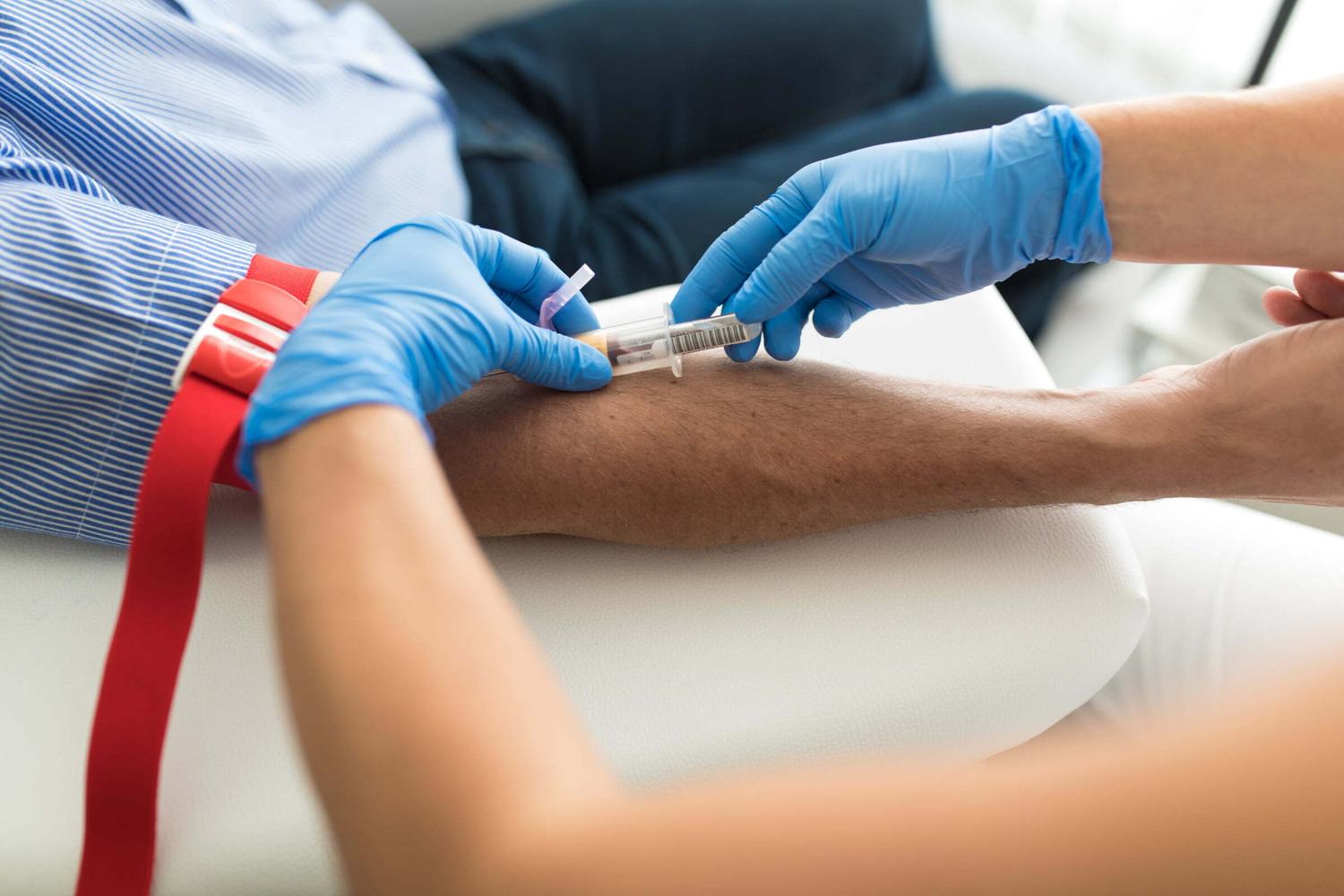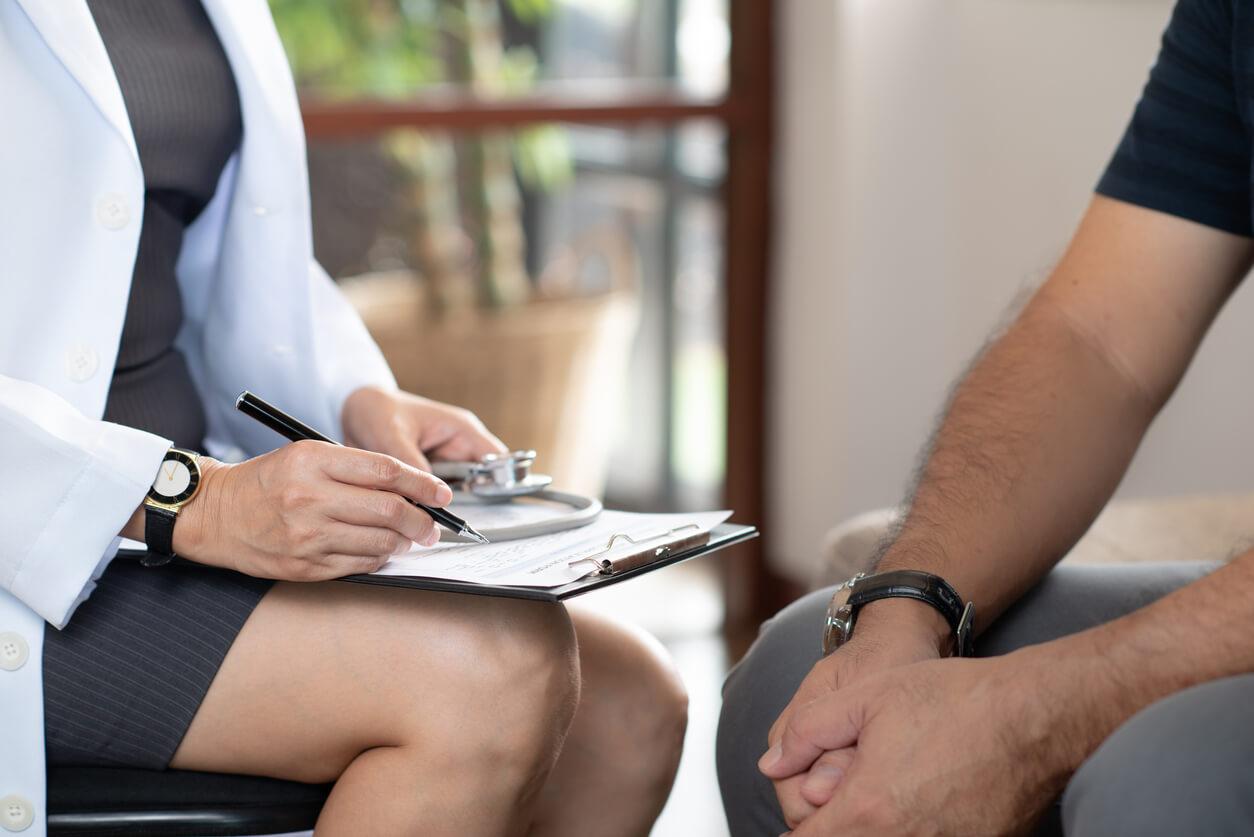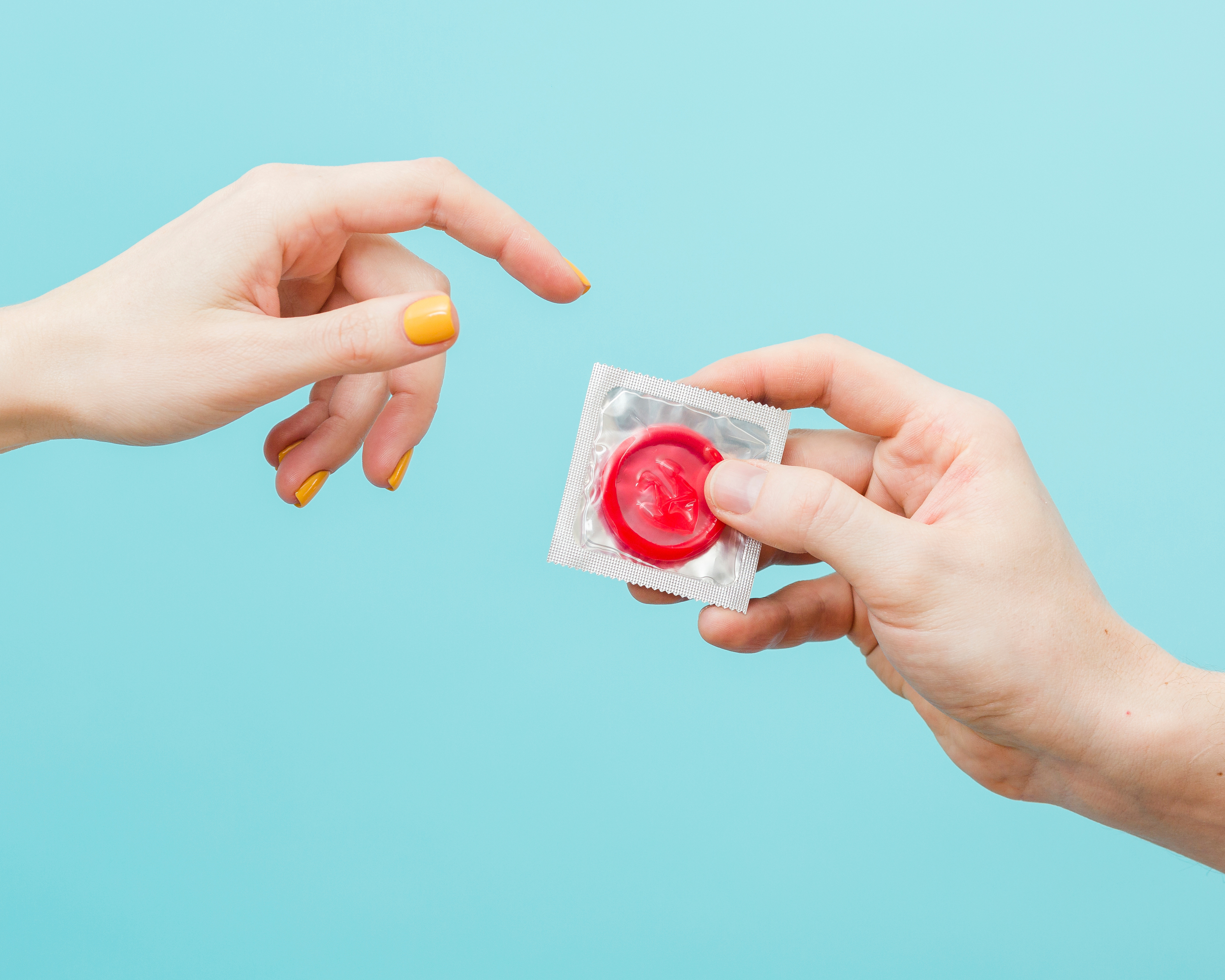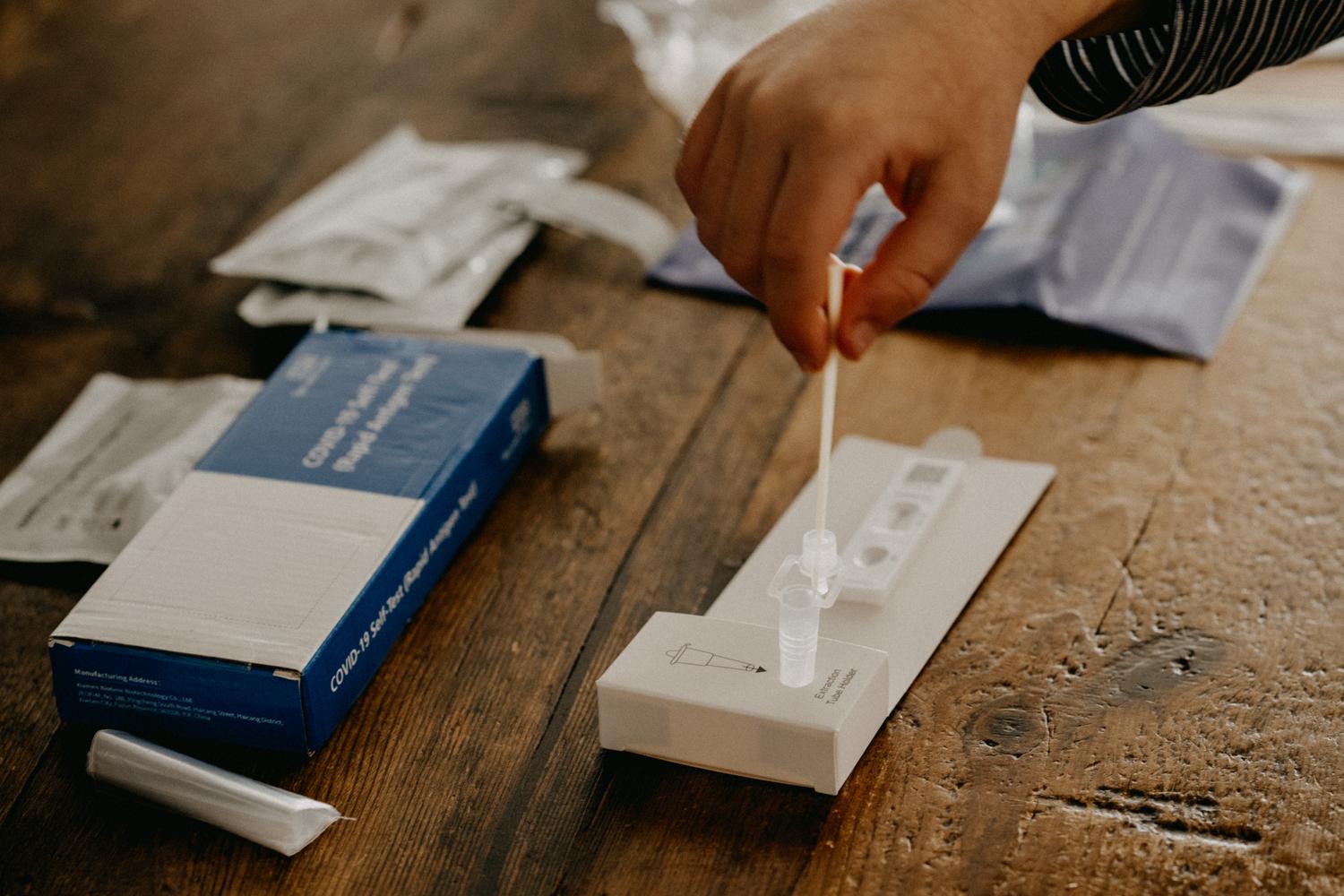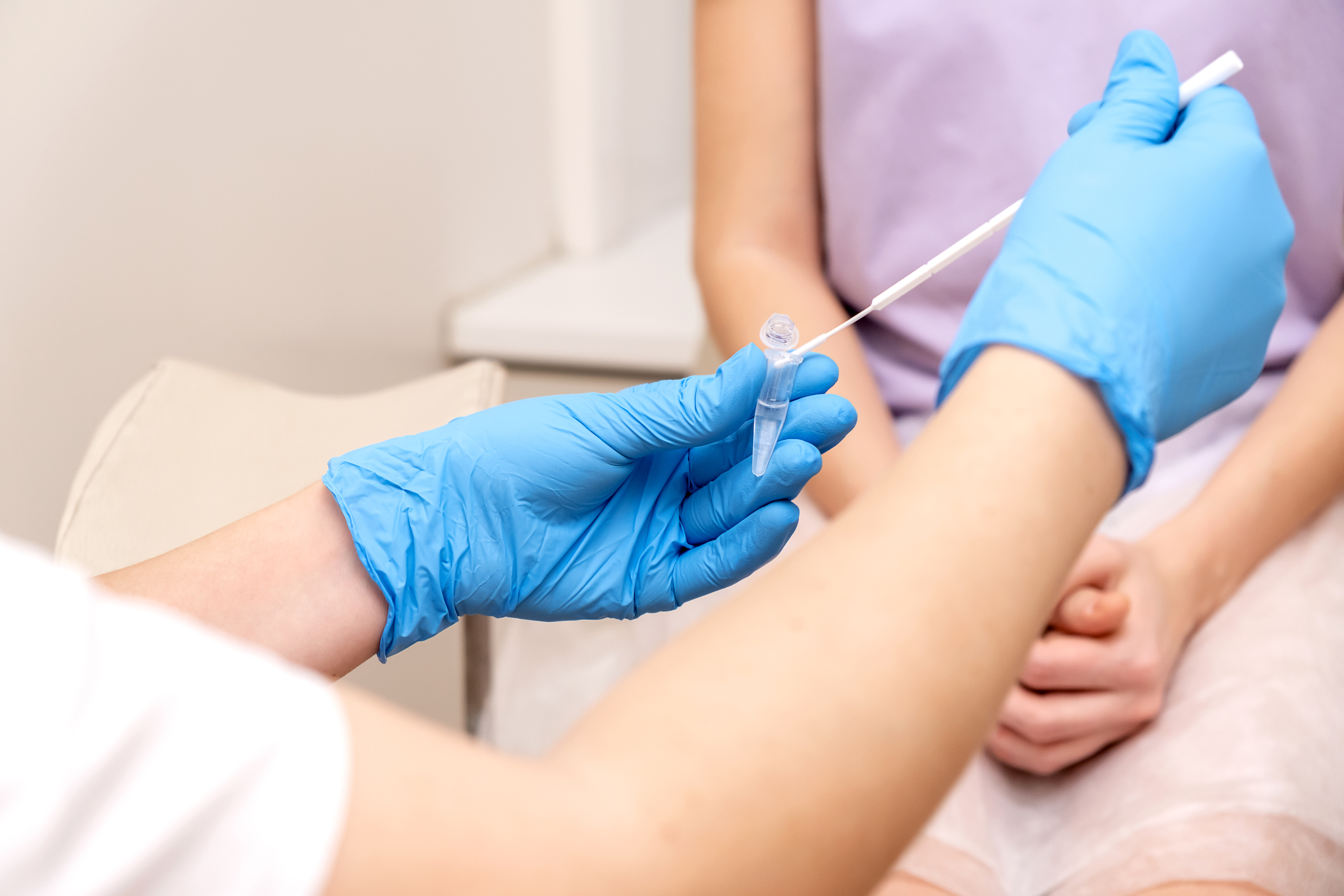At-Home STD Tests: How They Work
Everything you need to know about at-home STD testing, including pros, cons and which STDs to test for.
Sexually transmitted diseases (STDs) are on the rise in the US. According to the Centers for Disease Control and Prevention (CDC), syphilis rates have increased by 80% over the past 5 years, while there were more than 2.2 million cases of gonorrhea and chlamydia in 2022 alone.
This surge in STD rates means that regular testing is more important than ever. After all, STD testing is one of the most effective ways to prevent transmission and complications associated with these infections.
However, there are a few big setbacks when it comes to regular STD testing. For one, the stigma around STDs can discourage people from getting tested. They may feel embarrassed or anxious about going to a clinic, or struggle to openly discuss their sexual health with their family physician.
Another barrier to regular STD testing is long wait times and high healthcare costs. Some people avoid getting tested simply because their testing isn’t covered by insurance, or there isn’t a facility nearby.
Fortunately, there's a solution that addresses this concern: at-home STD testing. These discreet and convenient test kits allow individuals to test for STDs in the privacy of their own homes.
In this blog post, we’ll explore how at-home STD testing works. We’ll also discuss the pros and cons of at-home testing and discuss which STDs can be tested for.
Can you test yourself for an STD at home?
Yes, you can test yourself for an STD at home. At-home STD tests are discreet and convenient test kits that allow individuals to screen for STDs without visiting a clinic or doctor’s office. They can be purchased online or through a pharmacy. The kits also will contain instructions and tools for collecting a sample. This allows people to get the answers they need about their sexual health – without the anxiety of in-office testing.
How can I check at home if I have an STD?
Checking for an STD at home is fairly simple. First, purchase a test online or through a pharmacy. The kit will usually contain all the necessary equipment for sample collection: a sealable cup for a urine sample, an oral or vaginal swab, or a blood lancet (a device similar to a thumbtack) so that you can collect a blood sample with a finger prick. Next, follow the instructions to collect a sample in the privacy of your own home.
Most companies will include a return label and packaging for your sample. Once the sample is collected, simply mail it back to a laboratory using the provided packaging!
You can expect to wait about a week for your results, but timing can be affected by the type of test you take, shipping delays and other factors. It’s best to refer to your kit instructions for a specific timeline.
Some popular brands for at-home STD testing include Everywell, iDNA, myLab and Nurx.
STDs that can be detected with an at-home test
Home test kits can detect a range of common STIs and STDs, including:
- Chlamydia and Gonorrhea: Chlamydia and gonorrhea are often tested together as they can present similar symptoms. Samples are usually collected with a urine sample or genital swab. Trichomoniasis: This common STD can be detected through a urine sample or genital swab at home.
- HIV (Human immunodeficiency virus): HIV home tests test for HIV antibodies in your system. This test requires either a blood sample or a cheek swab depending on the test kit that you order.
- Syphilis: This test requires a blood sample which is collected via a finger prick. The sample is then sent to a lab for analysis.
- Human Papillomavirus (HPV) for women: Women can purchase HPV home test kits that test for different strains of HPV using a vaginal swab sample. There is not an HPV test for men.
- Hepatitis C: At-home hepatitis C screening requires a finger-prick blood sample, which is then sent to a lab for analysis.
- Herpes (HSV): An HSV (Herpes Simplex Virus) home testing kit allows individuals to test for both HSV-1 and HSV-2 infections privately. A sample is collected via swab or blood prick, which is then sent to a lab for analysis.
Benefits of At-Home STD Testing
At-home STD test kits are a great approach to STD testing for a number of reasons. They provide privacy and fast results, enabling individuals to manage their health from the comfort of their homes. Additional benefits include:
- Convenience and Discretion: At-home test kits provide a confidential way to get tested without the need to schedule an appointment or spend time in a waiting room. This can be particularly appealing for those living in areas with limited healthcare facilities or individuals concerned about privacy. It’s also a great option for those who feel uncomfortable discussing their sex life with a long-time family physician, which is one of the most common reasons why young adults avoid STD testing in the first place.
- Affordability: Prices for at-home STD test kits can range from $10 to $300 and up. The prices can also vary depending on your insurance status, co-pay and more. Luckily, there are lots of test kits on the market, which means you can shop around for the best price on care before making a purchase, whether you're insured or not. Most at-home STD tests are also HSA and FSA-eligible. This means that they can be purchased using pre-tax dollars with your FSA or HSA account!
- Integration with Telehealth: Many at-home testing companies offer the added benefit of telehealth services. After receiving your test results, you can often access healthcare providers through these platforms to discuss your results and get prescriptions for treatment if needed.
- Reliability and Accuracy: Studies show that home test kits are very reliable and provide accurate results when used correctly. For instance, home screening tests for chlamydia have a sensitivity of more than 90% (meaning there are very few false negative results) and a specificity of more than 99% (meaning that they’re very good at correctly identifying people without the disease).
STD at-home tests are typically regulated by health authorities and must comply with certain standards. Look for kits that are CLIA-certified and CAP-accredited, meaning they meet reliability and quality standards for laboratory testing.
Drawbacks of At-Home STD Testing
At-home STI testing kits offer convenience and privacy. However, there are several drawbacks that need to be considered. Here's an overview of the disadvantages associated with using these tests:
- There’s room for human error: At-home test kits rely on you - not a clinician - to collect the sample. If the sample is taken incorrectly, you can wind up with an incorrect result. Because of this, it’s important to follow the instructions carefully when collecting samples to avoid contamination or incorrect results.
- Some STDs can be tough to detect: While at-home STD tests are typically very accurate, some infections are very hard for a lab test to detect in their earliest stage. It can take weeks or even months for an STD to show up on a test! This is known as the "window period,” and it can result in an incorrect result. If you test negative but are experiencing symptoms of an STD, book a visit with a provider to discuss additional testing.
- Additional follow-up and testing may be needed: If you get a positive result from an at-home test, you’ll need to follow up with a healthcare provider. They may need to confirm the results, and they can also discuss treatment options with you.
Despite these shortcomings, STD testing is important - whether you choose to do it at home or at a clinic. Treating STDs promptly is crucial to prevent complications like infertility or more severe health issues. It's also important to inform any recent sexual partners if you test positive for an STD, so they too can get tested and treated if necessary.
If you’re not sure when or how often to get tested, take a look at Sesame’s STD testing recommendations for guidance on frequency.
How Sesame can help
If you’ve had unprotected sex, are experiencing symptoms of an STD, or simply want to take care of some routine health testing, Sesame can help. We offer low-cost, at-home chlamydia, gonorrhea, syphilis, and HIV testing kits powered by Ash. These at-home STI test kits are delivered in discreet packaging within 3 days of ordering and include the cost of return shipping. Your test results will be delivered to you via a confidential patient portal.
If you test positive or have questions about your results, Sesame providers also offer discreet and affordable same-day online visits for sexual health. Your clinician can discuss treatment and prescribe medication if appropriate, allowing you to take charge of your sexual health from the comfort of your own home.

